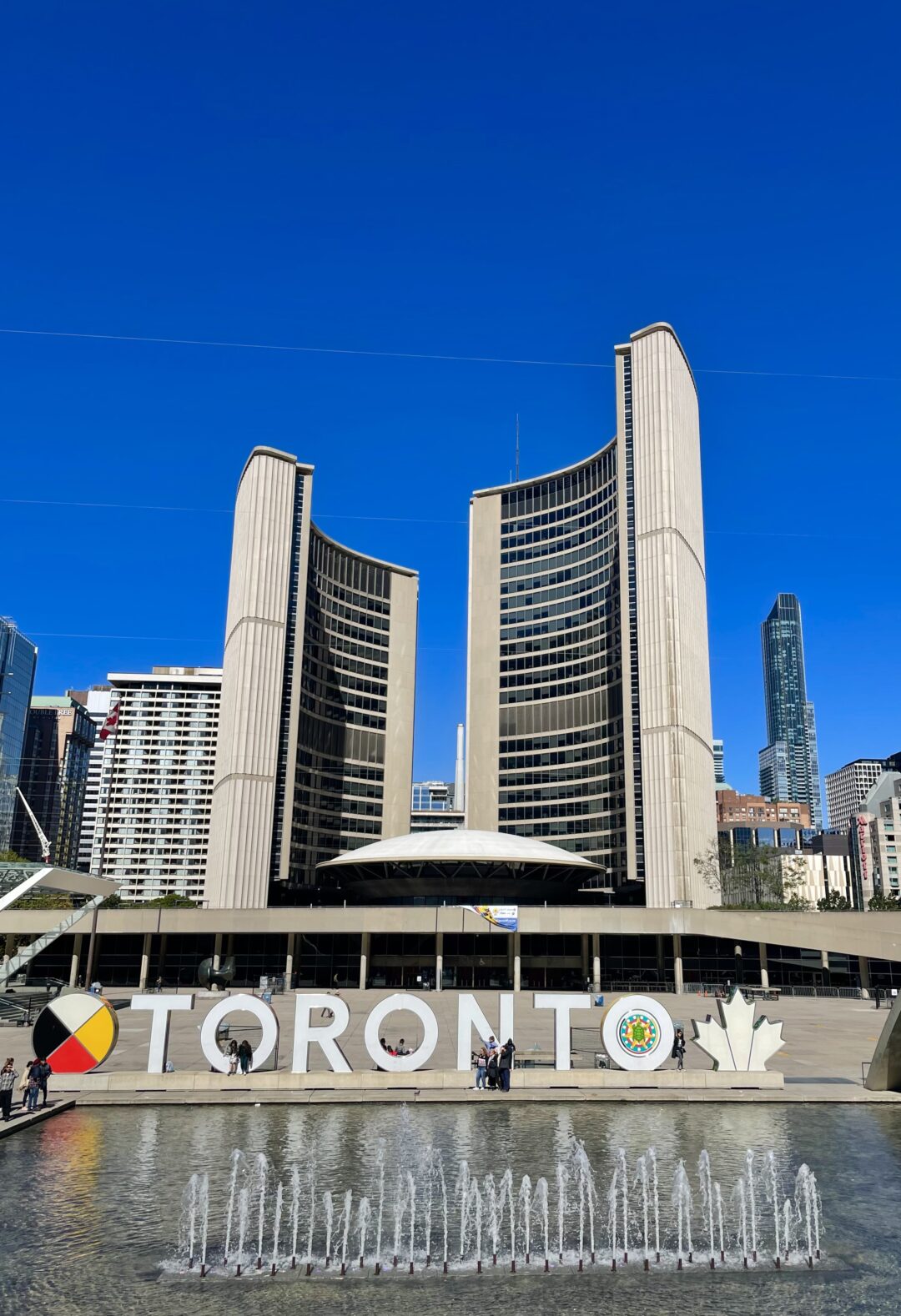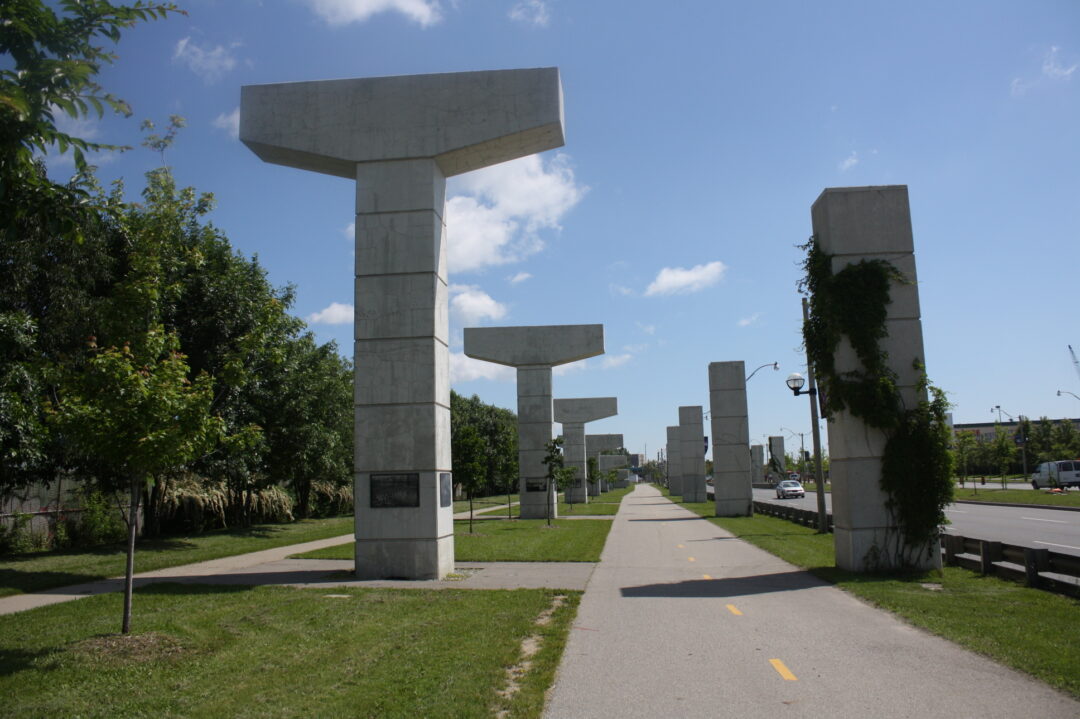By Daryl Gonsalves –
the bridge rounds out our coverage of the mayoral by-election that began with the bombshell resignation of John Tory just four months ago. Consistent with many pre-election polls tracking voter intentions, Olivia Chow won the race to be the next mayor of Toronto, the first visible minority person to occupy that post.
When votes began coming in on Monday June 26, the election race quickly and decisively focused on two candidates: Ana Bailão and Chow. It was clear from the start that candidates Josh Matlow, Anthony Furey and Mark Saunders massively under performed. Thanks to late endorsements by Tory and the Toronto Star, Bailão initially held a small lead.

Source: Olivia Chow Twitter: https://twitter.com/oliviachow/status/1673516207020834817/photo/1
But Chow soon took a steady lead with about 37% of the vote, especially after advance poll results came in. Compared with Tory’s support of Bailão, Premier Doug Ford’s endorsement of Saunders seemed to have no positive impact as he failed to capture even 9% of the total vote.
Critical to Chow’s victory was her team’s smart strategy as the front-runner: reveal as much as you need to about your policies but avoid ‘rocking the boat.’ This strategy became more effective as the progressive vote quickly settled on Chow as the most likely to defeat centrist and right-leaning candidates.
In a previous interview with the bridge, Olivia Chow stated that she will not use the strong mayor powers provided by the provincial government (now ex- tended to many Ontario municipalities). This means Chow will have to work with 25 city councillors to implement her agenda and create the change she campaigned on. In our interview, she cited what she described as her strong record working across ideological lines, which she said will help her with those who endorsed other candidates (Chow had five councillor endorsements, while eight backed Bailão, and one supported Saunders.
After the election, many councillors commented on the need to work together with the new mayor to tackle the city’s $1.5 billion budget shortfall this year.
Shortly after Chow’s victory, she spoke with Premier Doug Ford and both agreed to work collaboratively on Toronto’s many issues. After declaring a week earlier that a Chow victory would be “an unmitigated disaster,” Ford even praised Chow as “actually quite a nice person.”
Olivia Chow’s victory invites Torontonians to help her create the “affordable, safe, caring”
city she campaigned on. While a normal mayor-elect would have five or six weeks to settle in, Chow wants to hit the ground running, choosing to take office on July 12 while quickly meet- ing with department heads to get up to speed.
In an interview with CP24, Olivia Chow said her first order of business will be “housing, housing, housing, housing,” including unlocking social housing stuck in the approval process. Chow proclaimed that her heart is full with the opportunity to serve the residents of Toronto.





1 Comment
Obviously no progress on the east side during chow term. Private development however is averse to the politics pushes forward to give us better outcomes. Filmore parking lot got construction fencing around in last 72 hours yea.. Allan gardens is disgusting yet is the city response to problems. Pick a side..